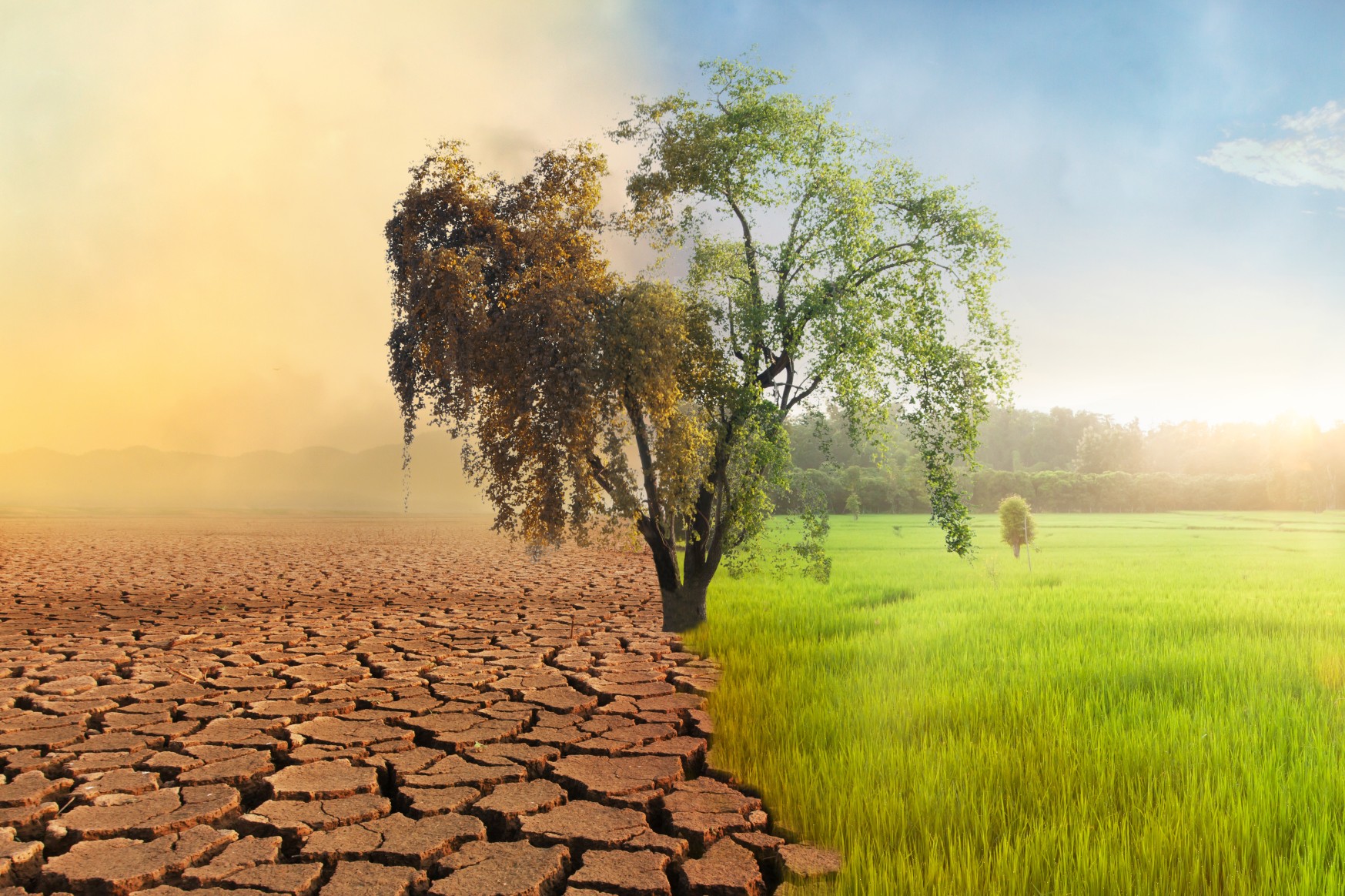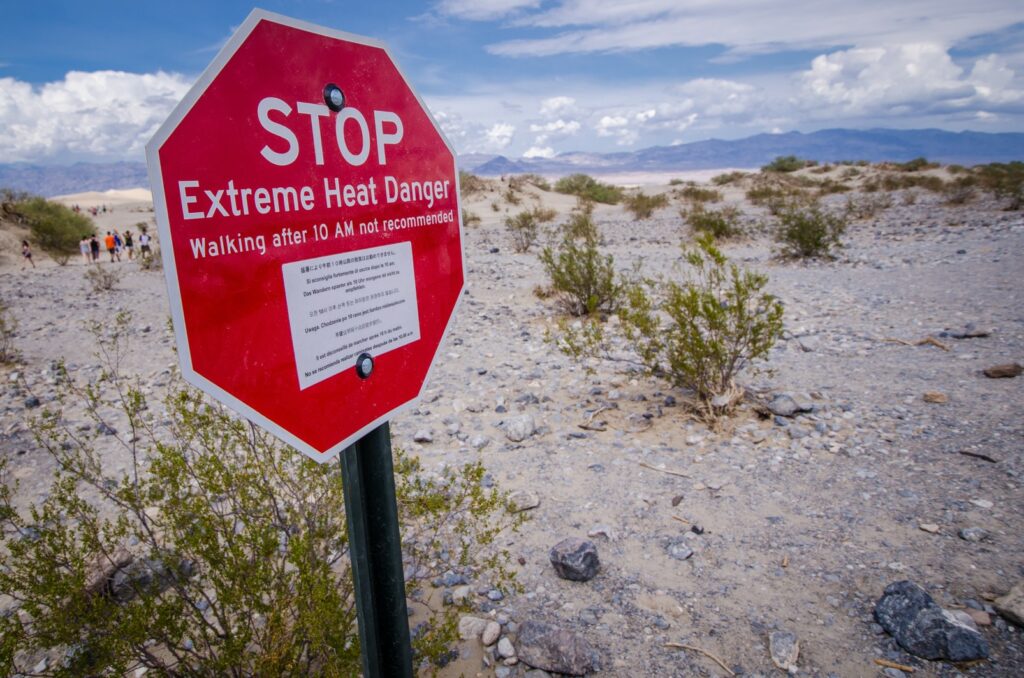
Heavy Rain, Flooding, and Chance of Severe Weather Staring Down the Southern U.S.
January 22, 2024
Posted: May 28, 2023 7:25 am





A new study published last week predicts that billions of people could be living in places not compatible with a high quality of life thanks to the increase in temperatures around the world.
The authors warn that the current pace of climate change and global warming could expose billions of world citizens to temperatures that are dangerously hot. Here are more details on this alarming study.
Published in the journal Nature Sustainability, the study’s authors looked at the impact on humans around the planet if global warming continues on its expected path by sending average temperatures up 2.7 degrees Celsius when compared to pre-industrial readings by the close of the century.
The study’s researchers looked at both the predicted global warming trends as well as population growth. What they found is that about two billion people will be outside of what they define as the ideal “climate niche” by the year 2030.
This means that they will be looking at average temperature readings of about 84 degrees Fahrenheit or higher.
The number of people predicted to be outside of the climate niche by 2090 grows to about 3.7 billion. This data translates to approximately one third of the total global population residing in climates that do not support what the researchers described as “human flourishing.”
The ideal niche encompasses corners of the planet where the annual average temperature ranges between 55 degrees Fahrenheit to about 81 degrees. Any average temperatures outside of this range are likely to be too hot or too cold.
The study detailed that less than 1% of the current population around the world is dealing with dangerous heat on a regular basis. This is defined as average temperatures of 84 degrees.
However, even those living with cooler temperatures are now facing drier conditions that could suppress the ability to thrive. This is particularly true in parts of the world that have dense population centers.

Should global warming continue on its predicted path by warming 2.7 degrees Celsius, it would put India, Indonesia, Nigeria, Pakistan, and the Philippines at the highest risk of being exposed to potentially dangerous levels of heat.
In addition, the countries of Mali and Burkina Faso will be faced with the hazards of these high temperatures readings.
The most alarming scenario looks at the worst case prediction of global warming inching up 3.6 degrees Celsius. Should this happen, roughly half of the entire world’s population would be living outside of the climate niche.
There is no shortage to the potential negative impacts of living in this zone. Not only are increasing temperatures lethal, especially to vulnerable populations, but it can also reduce crop production, spread life-threatening diseases, and put populations at an increased risk of mental health issues.
This is certainly not the first time that scientists have expressed great concern about the consequences of global warming and its irreversible impacts. The bulk of the studies have focused on the increased incidence of extreme weather events, ranging from raging wildfires to deadly storms to ongoing drought conditions.
All hope is not lost. Climate experts believe that there is still time to mitigate the blistering pace of global warming. The best way to do this is to embrace clean energy and limit the use of oil, gas, and coal.
Climatologists say that even a tenth of a degree will make a significant difference in limiting the number of people who end up living outside of the climate niche. Most industrialized countries have already taken significant action to halt the rapid increase of rising temperatures.
For instance, France signed a new law into effect on Tuesday that bans domestic flights on journeys that take less than two-and-a-half hours via train. The goal of this ban is to reduce the amount of greenhouse emissions. Connecting flights are not required to adhere to the ban.
Did you find this content useful? Feel free to bookmark or to post to your timeline for reference later.

January 21, 2024

January 19, 2024

January 18, 2024